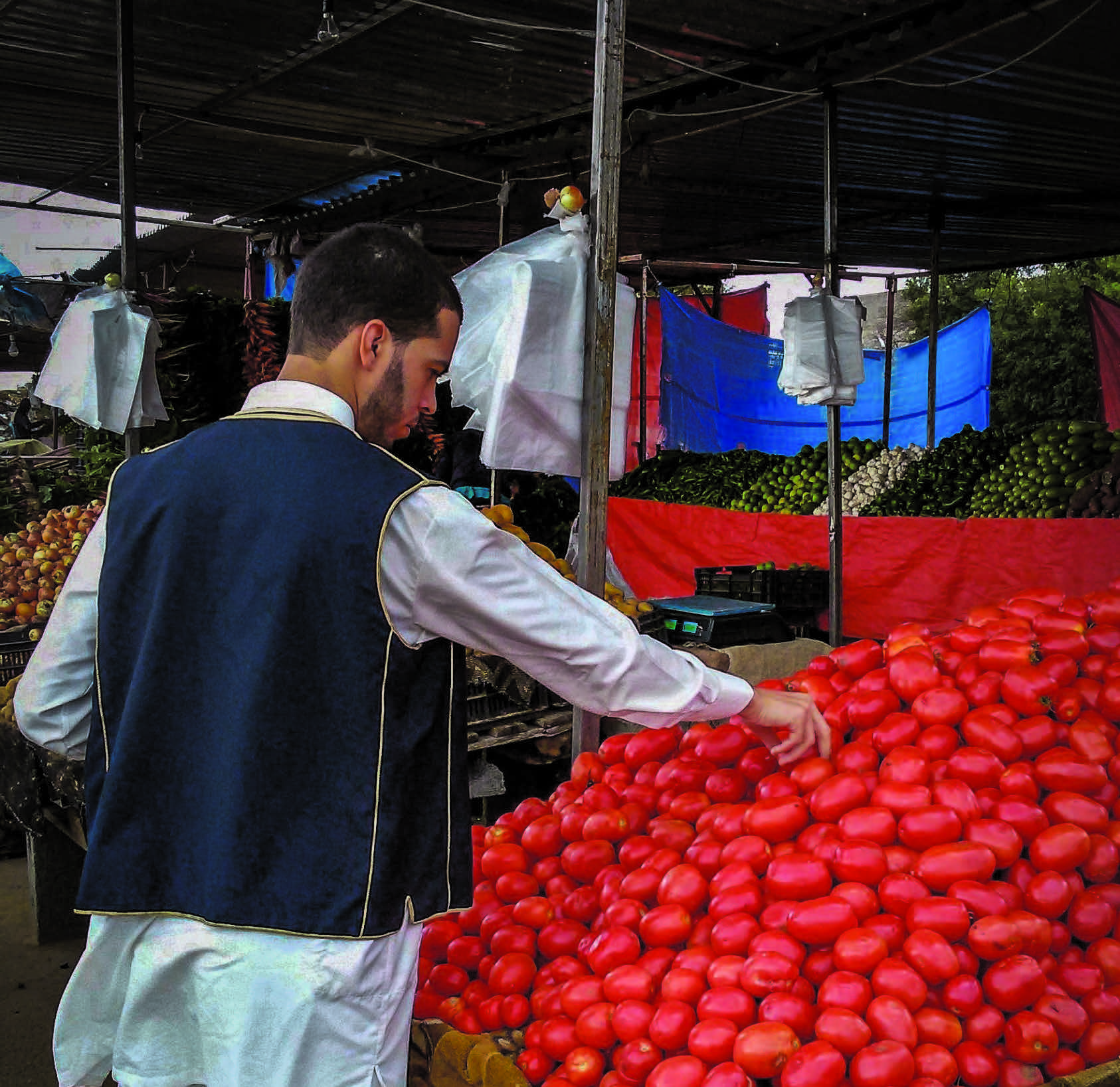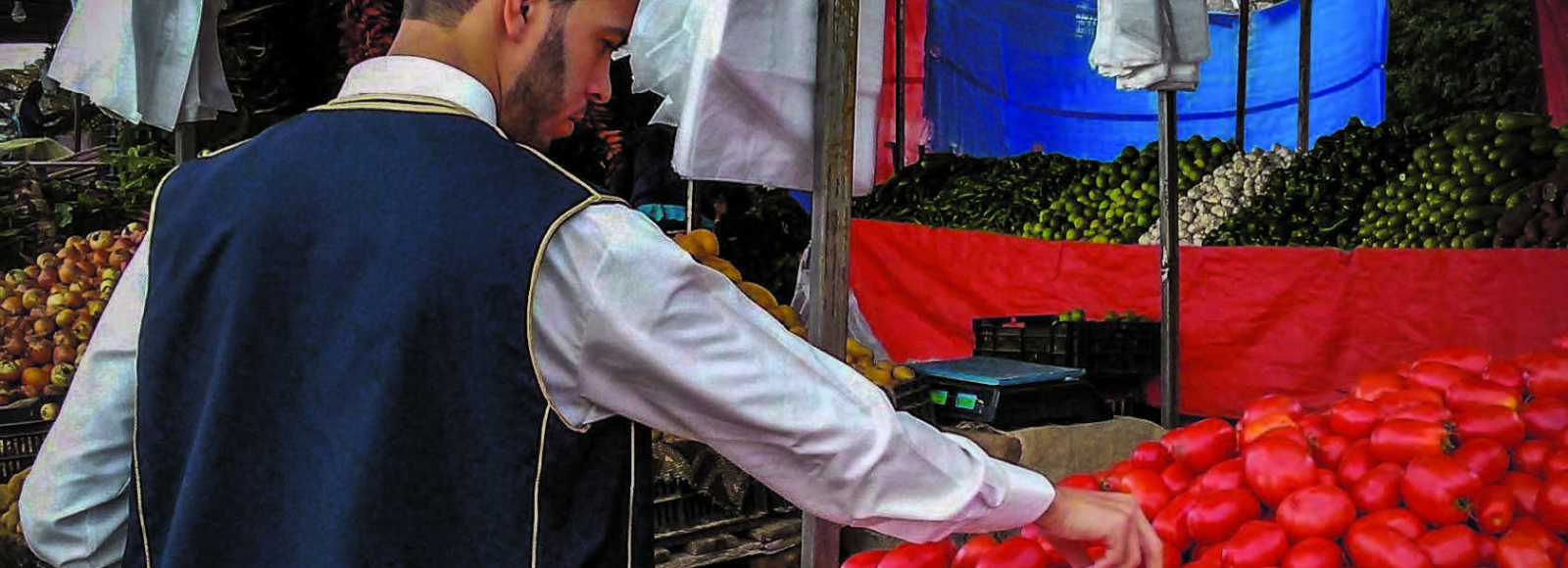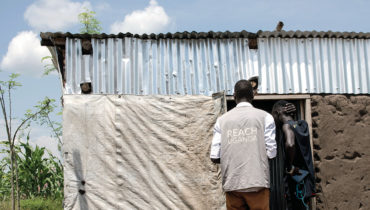
Vegetable Market in Tripoli (© REACH Initiative, 2017)
Since 2011, Libya has continued to experience violent conflict, political upheaval, and deteriorating living conditions. Renewed conflict between armed groups since April 2014 has resulted in large-scale displacement and deteriorating humanitarian conditions within Libya. In this context, aid organisations are increasingly considering additional ways to help vulnerable populations meet their basic needs, including upscaling cash-based interventions. However, little is known about the functionality of key supply chains throughout Libya, and the effect of conflict on local market systems.
REACH, in partnership with the Libya Cash & Markets Working Group (CMWG) conducted a market assessment to provide a better understanding of market dynamics in Tripoli, Benghazi and Sebha. From August to September 2017, qualitative data was collected through 234 key informant interviews with producers, importers, wholesalers, retailers, and other stakeholders in the wheat flour, insulin, tomato and soap supply chains, as well as 12 focus group discussions with Libyan and migrant consumers. The results complement findings from the Joint Market Monitoring Initiative (JMMI), a monthly price collection exercise launched by REACH and the CMWG in June 2017 (latest factsheet available here).
Findings underscore that in spite of disruptions following the renewal of the Libyan conflict in 2014 the tomato and soap supply chains are functional and have the capacity to meet demand from consumers in Libya. However, macro-economic developments since 2014, namely the authorities’ decreasing revenue and the depreciation of the Libyan dinar, have hampered expensive imports of supplies from abroad, which led to significant price inflation of these items.
Additionally, the wheat flour supply chain has undergone substantial changes. Unable to provide adequate funds, authorities abolished wheat flour subsidies for bakeries throughout Libya, resulting in lowered consumption and an estimated 50% decrease in demand since 2014. However, the insulin supply chain remains the most affected with the Medical Supply Organisation struggling to import insulin and unable to meet the needs of the entire population.
The market assessment concludes that even if consumers, including refugees and migrants have physical access to markets, the lack of access to cash is hindering consumers from acquiring basic commodities in quantities required to meet basic needs. Based on these findings, the CMWG and REACH recommend that cash and market-based responses be prioritized where appropriate in Tripoli, Benghazi and Sebha.
Access REACH Joint Market Analysis Initiative: Market Systems in Libya Report in full at this link.









